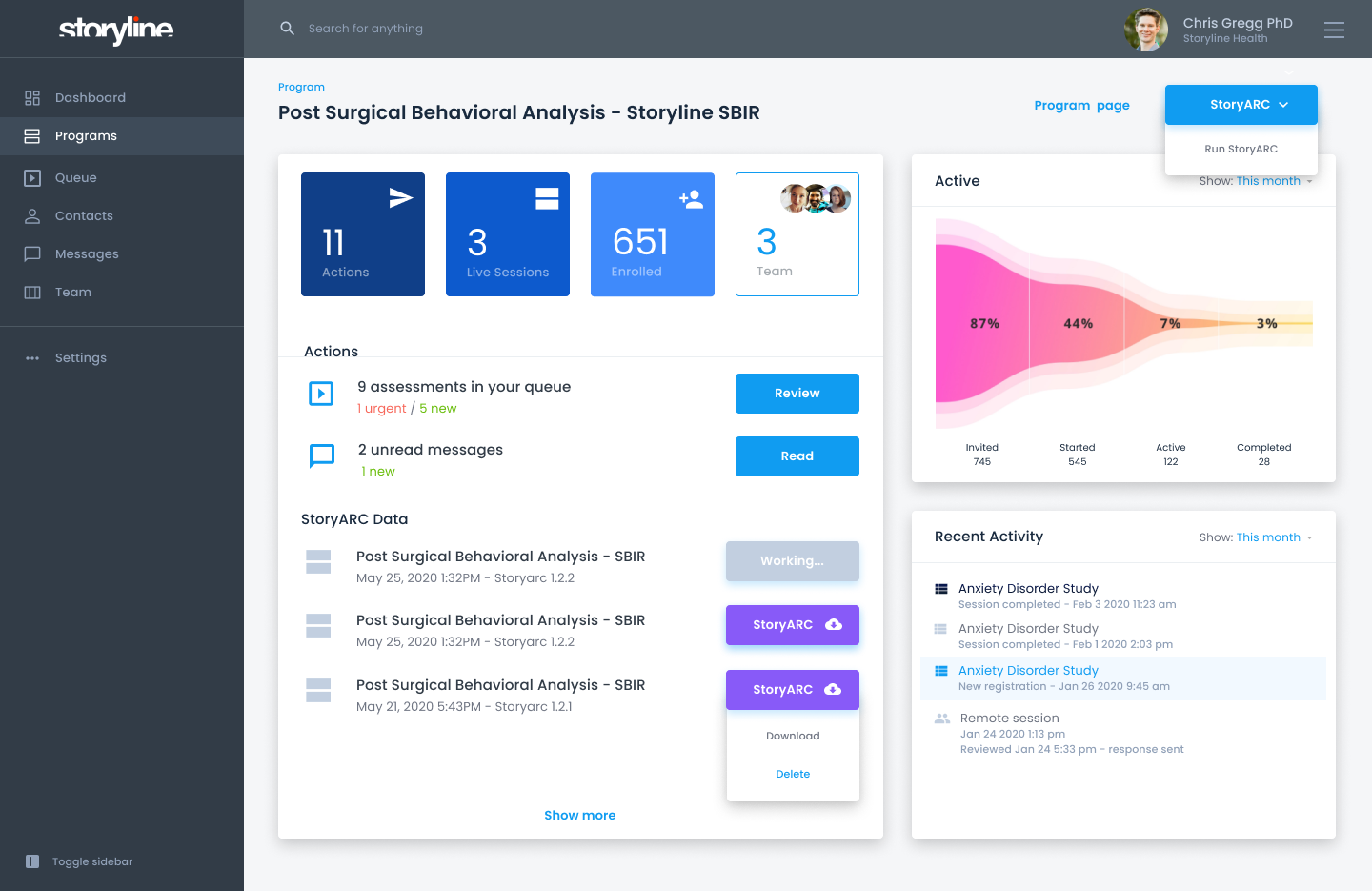Healthcare innovation for academic researchers
For most researchers, improving patient care and outcomes is a primary motivation, but it’s impossibly slow and cumbersome.
In the current ecosystem it means writing a grant, getting some funding, running a clinical trial, writing a paper, submitting that paper to journals and finally publishing a paper. If everything goes perfectly your endpoint is a paper published in a reputable, peer-reviewed journal that (hopefully) you can parlay into more grant money.
If you discover something new and important, you disclose it to your university’s “technology commercialization, corporate engagement and economic development” center - usually a team of lawyers - who evaluate your discover for potential revenue. They may decide to patent it, sell it, license it or something else. In some cases there might be an ecosystem and apatite to form a new company based on your discovery that can license it and, voila, a new company is born. Hopefully, this leads to a runaway success and your discovery is out in the clinical wild improving patient’s lives.
But that’s not how most of these stories end.
Most go nowhere.
The brightest minds and keenest insights don’ have a chance when faced with the realities.
There are now 7 million academic papers published every year (3,500 every day).
The total corpus of all medical knowledge is now doubling every 73 days.
Want to build your own ‘app’? Well, there are now over a 4.4 million apps in the App Store and another 100k are released each month.
Healthcare runs at such a massive scale and is so costly, that minor innovations are of little to no value.
Most discoveries go nowhere because ‘discovery’ is only part of the equation. Delivery of value is the hurdle that you have to overcome if you want to make a real impact.
Real innovation happens at the edges.
Storyline is an innovation ecosystem that is built not only around making discoveries, but delivering those discoveries to patients. While most tools and applications are created to solve existing problems, we’re aware that they do little enable progress.
Storyline has many fundamental differences.
The research and clinic applications of Storyline are exactly the same. That means that any discoveries or advances made on one side can be implemented immediately by anyone. There are no ‘translational’ steps.
Behavioral A.I. is core to the platform. We founded Storyline to capture the data needed to understand and use behavior clinically - moving us from subjective, manual work to technology and data. Our behavioral A.I. means that we can can move the needle and operate at scales, and with accuracy that humans can not.
The Storyline Library allows anyone to distribute and benefit from their discoveries. For researchers this provides an entirely new way of generating revenue, providing services, scaling care and a host of other issues. The Library allows you to simply make a discovery or create value that others want to use, set a price (or make it free) and get paid. There’s no other system that is this easy and flexible, and removes all of the risk.
If you want to move the needle in your field, we have the tools that you can use to do that.
We can help you:
Stratify patient populations to discover novel disease subtypes and underlying disease mechanisms
Understand human cognition & behavior in a whole new way
Discover novel cognitive and behavioral patterns that link with genome, epigenome, transcriptome, metabolome, immunome or exposome data
Predict individual behaviors and outcomes
Deliver more personalized care that reduces unwanted outcomes
Discover new biomarkers to improve disease detection, treatment decisions and evaluations of treatment efficacy
Make sense of complex cognitive & behavioral symptoms
Then, we can provide a path that financially aligns you, your department, your university, and everyone else.
Talk to us and see.



